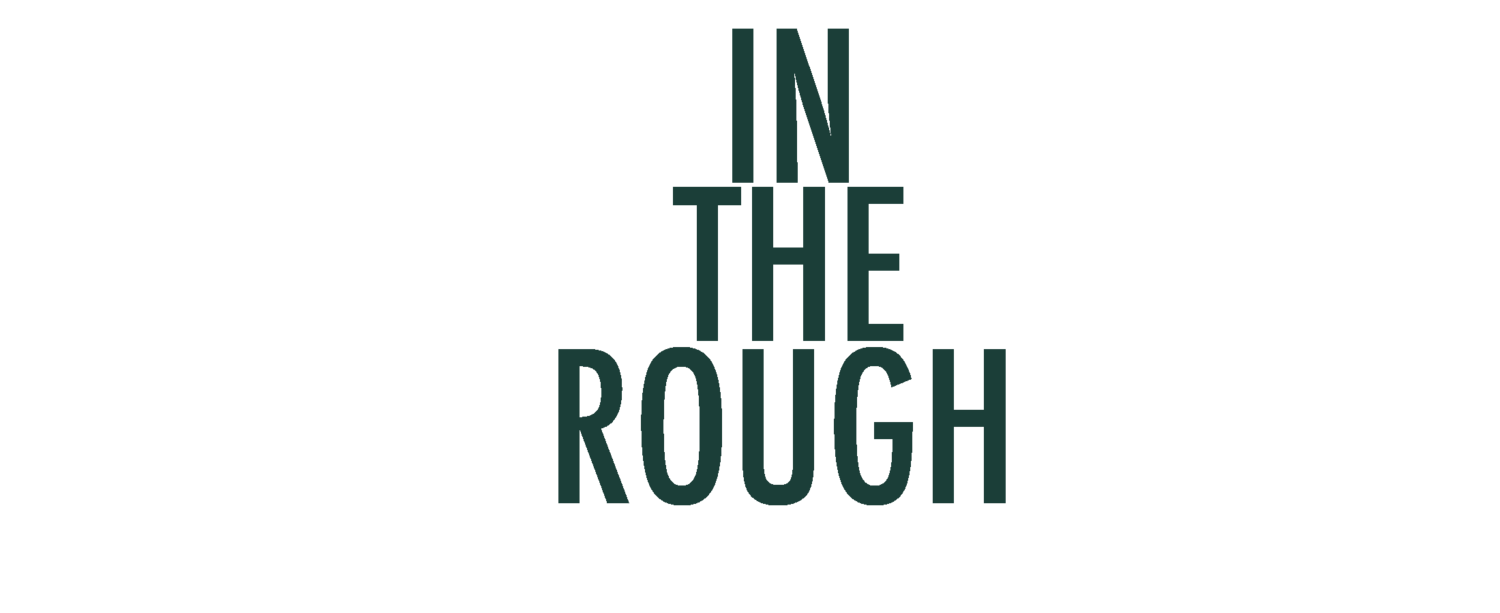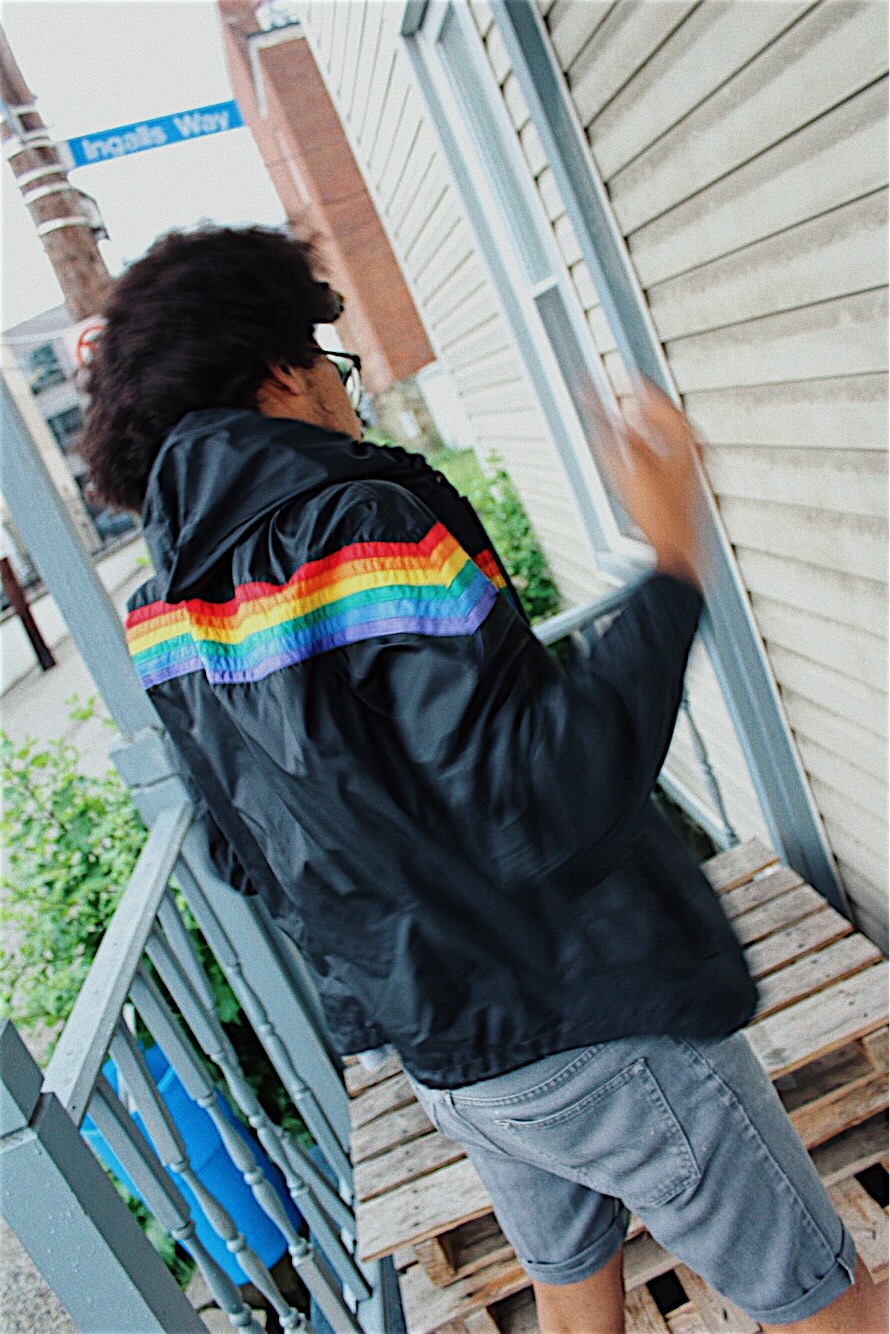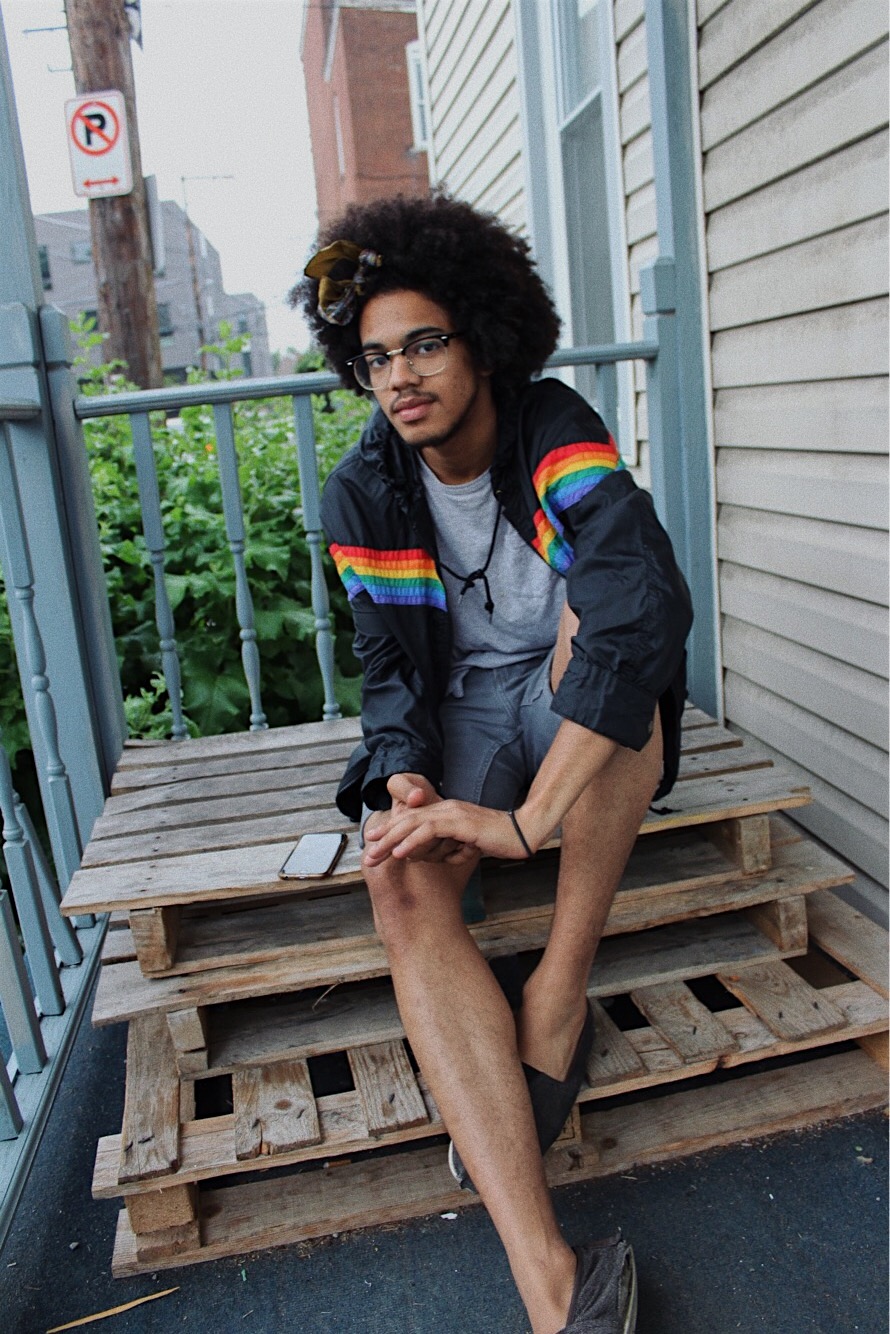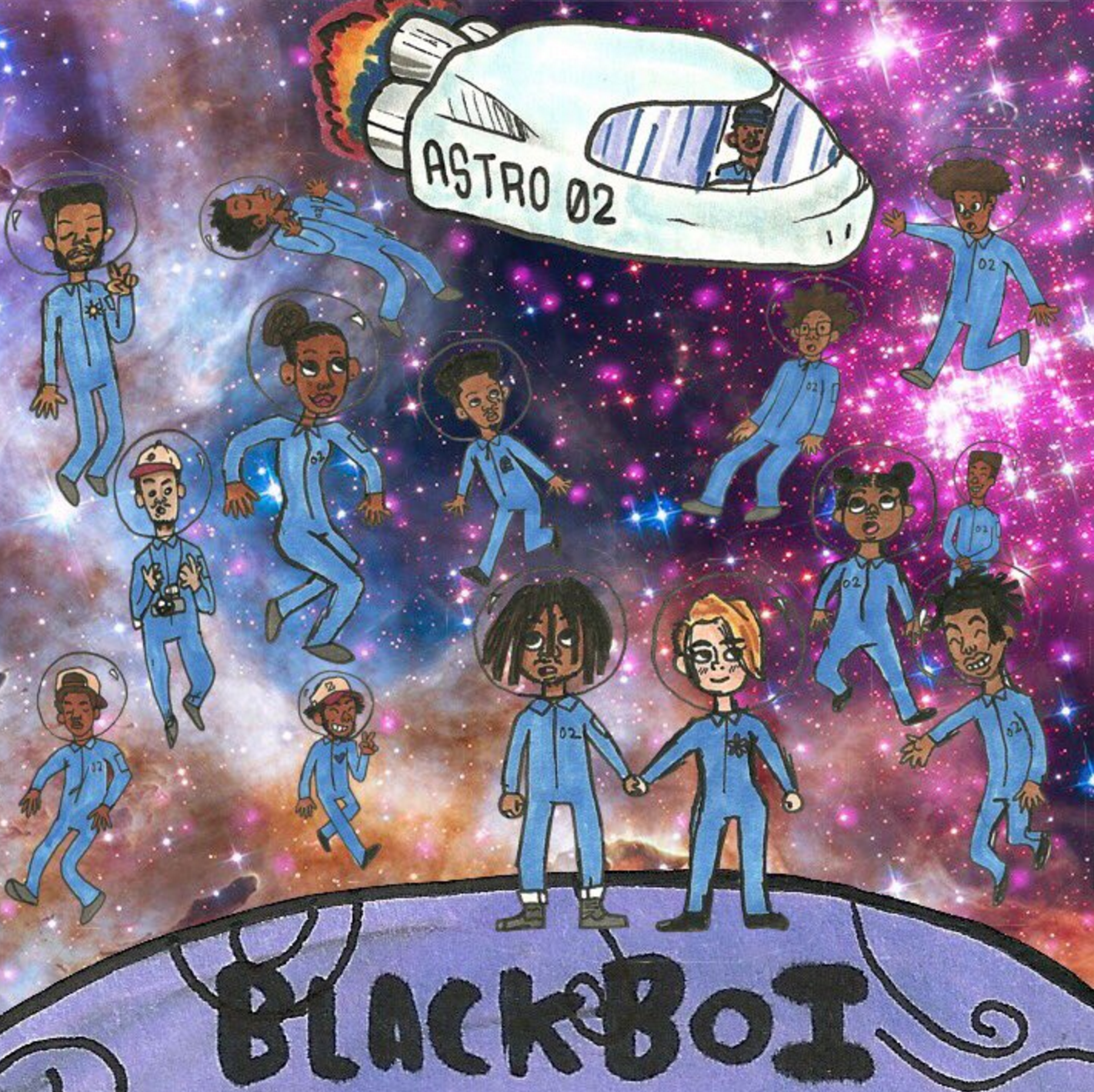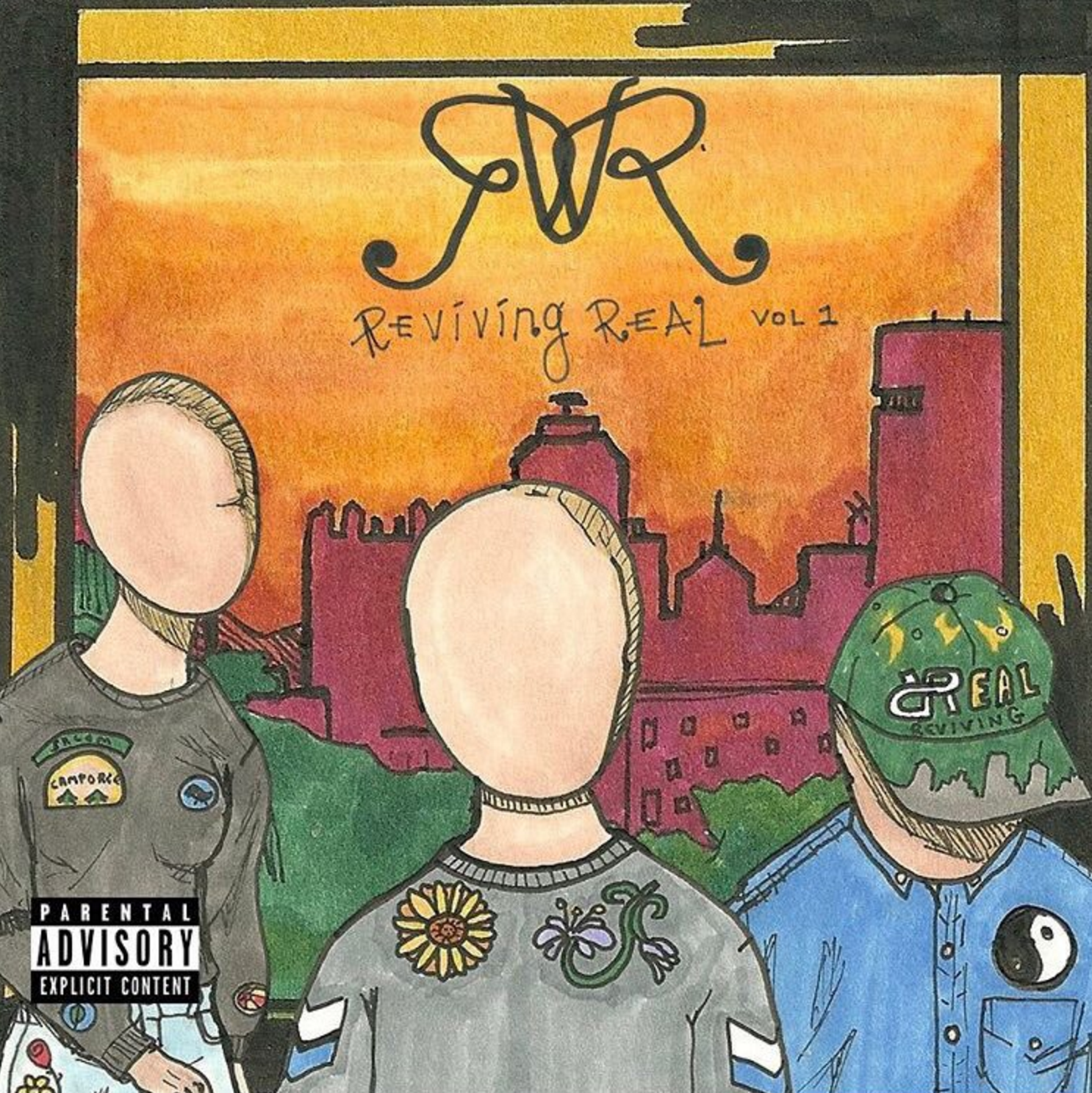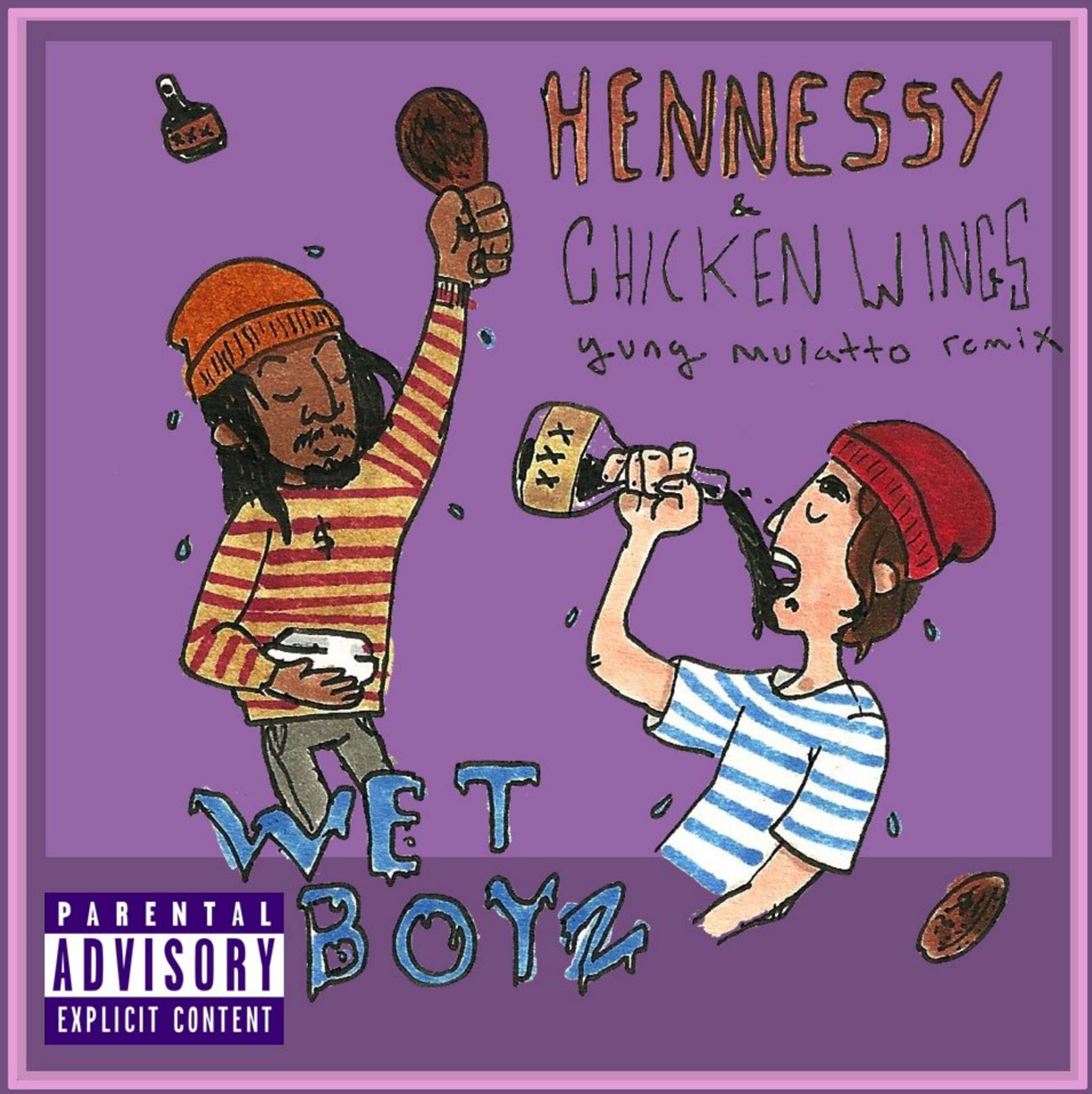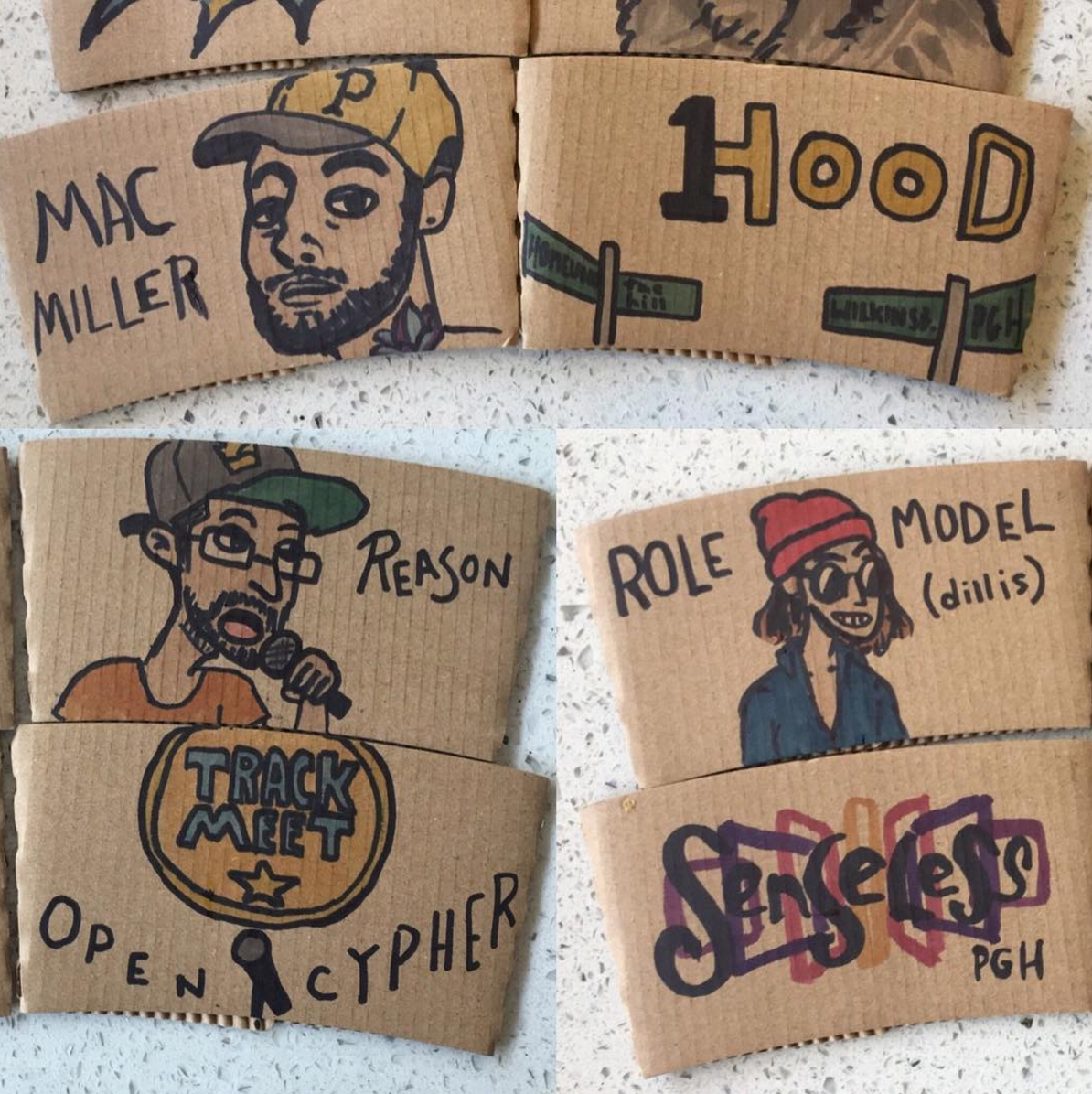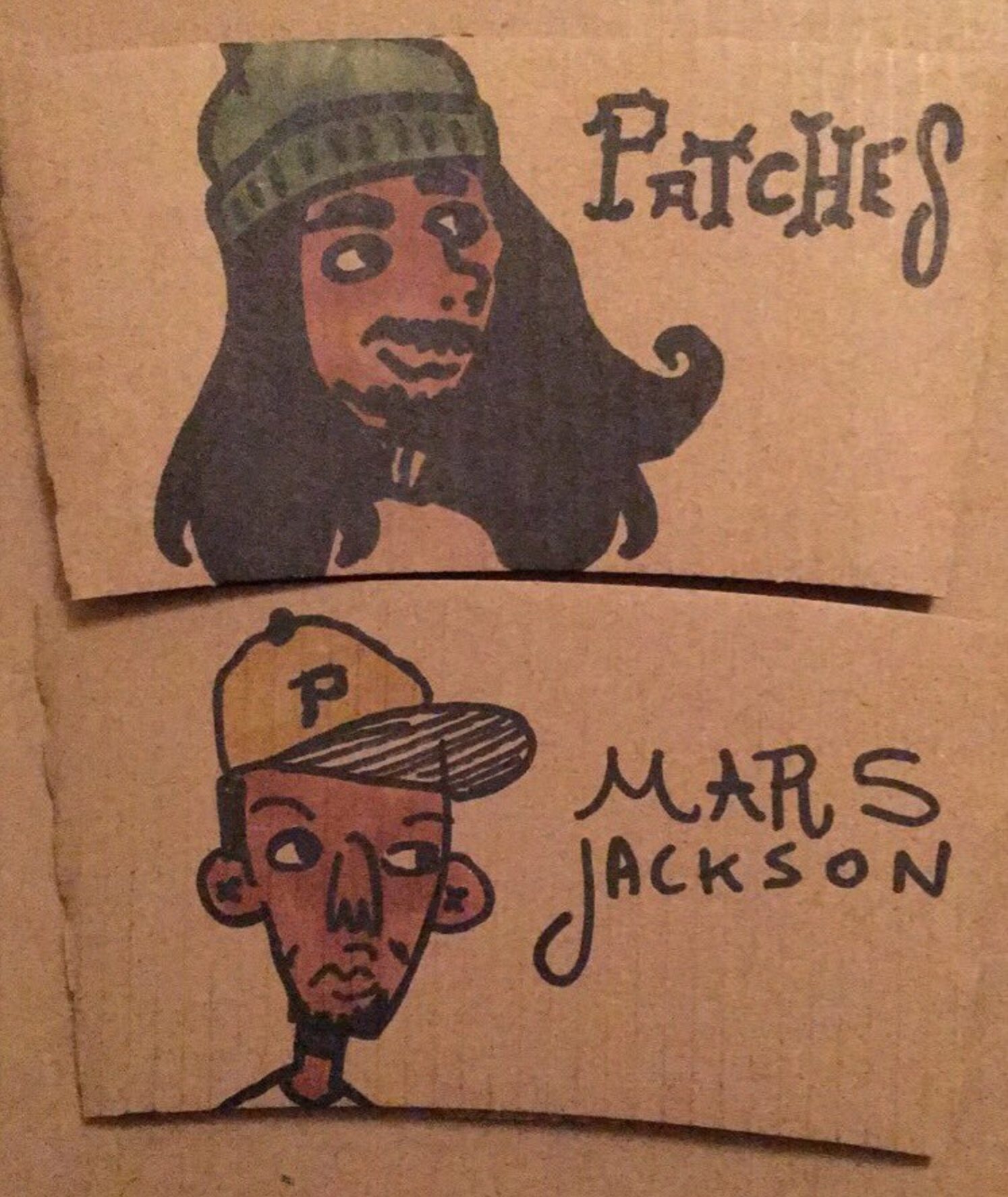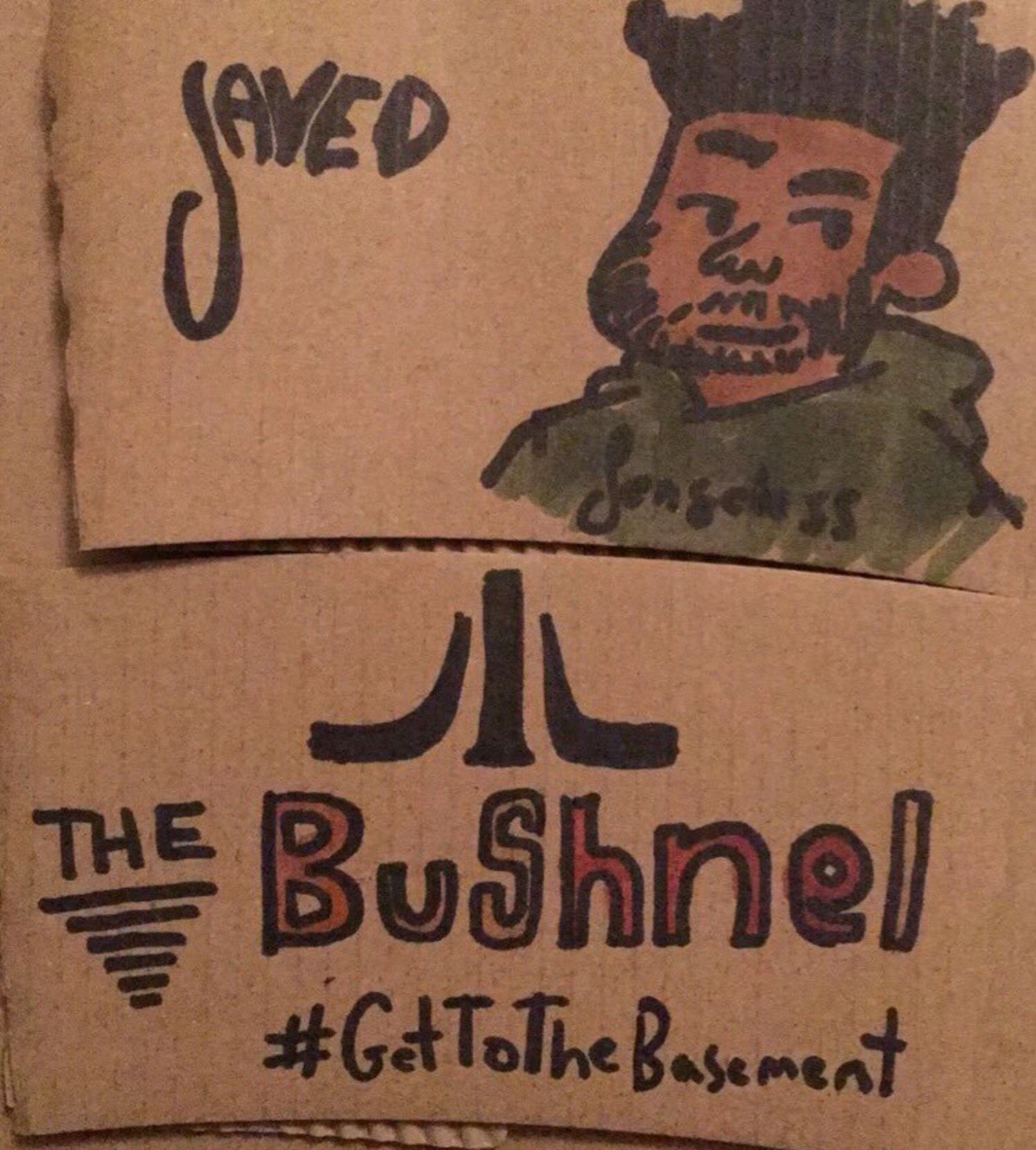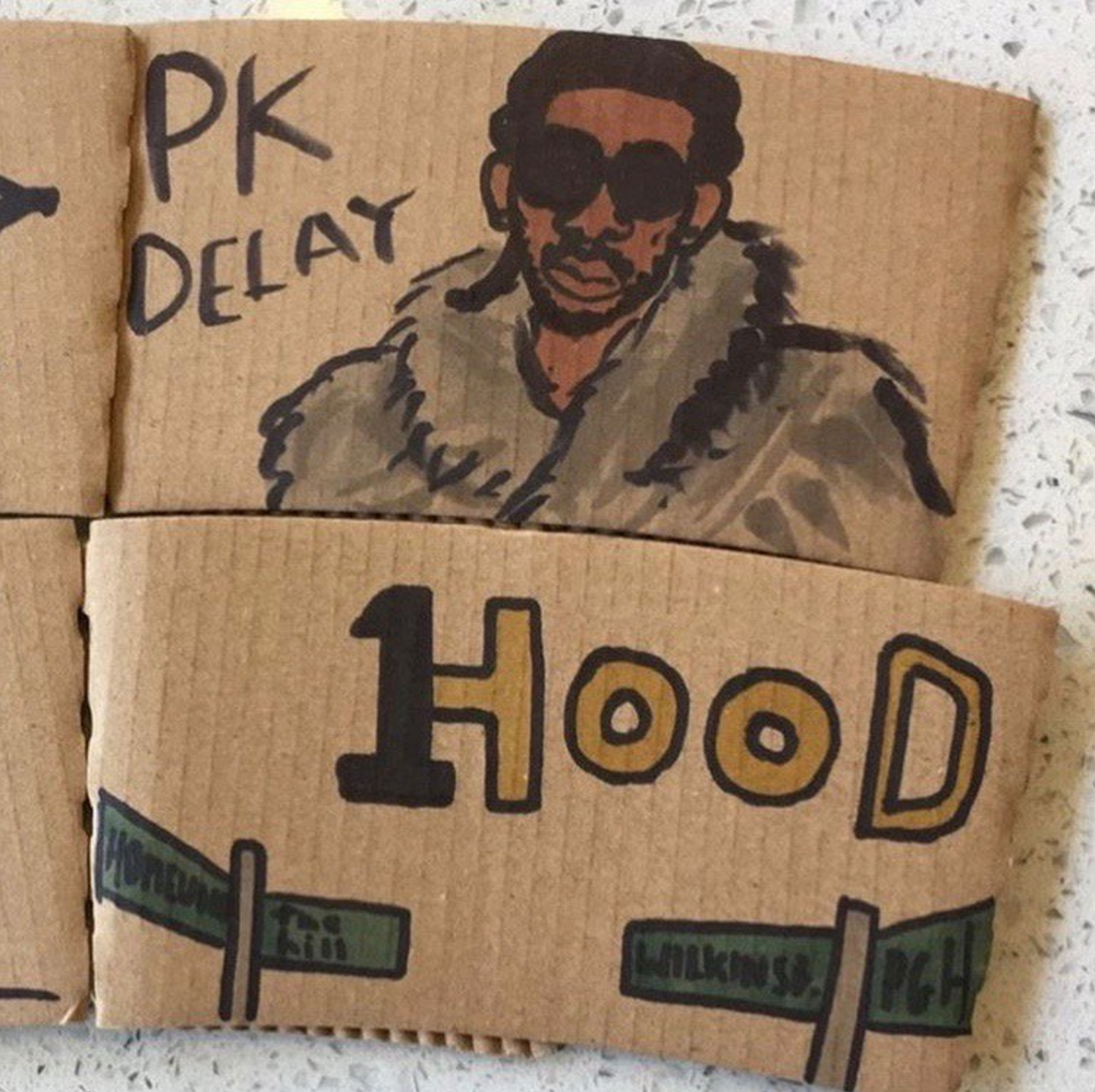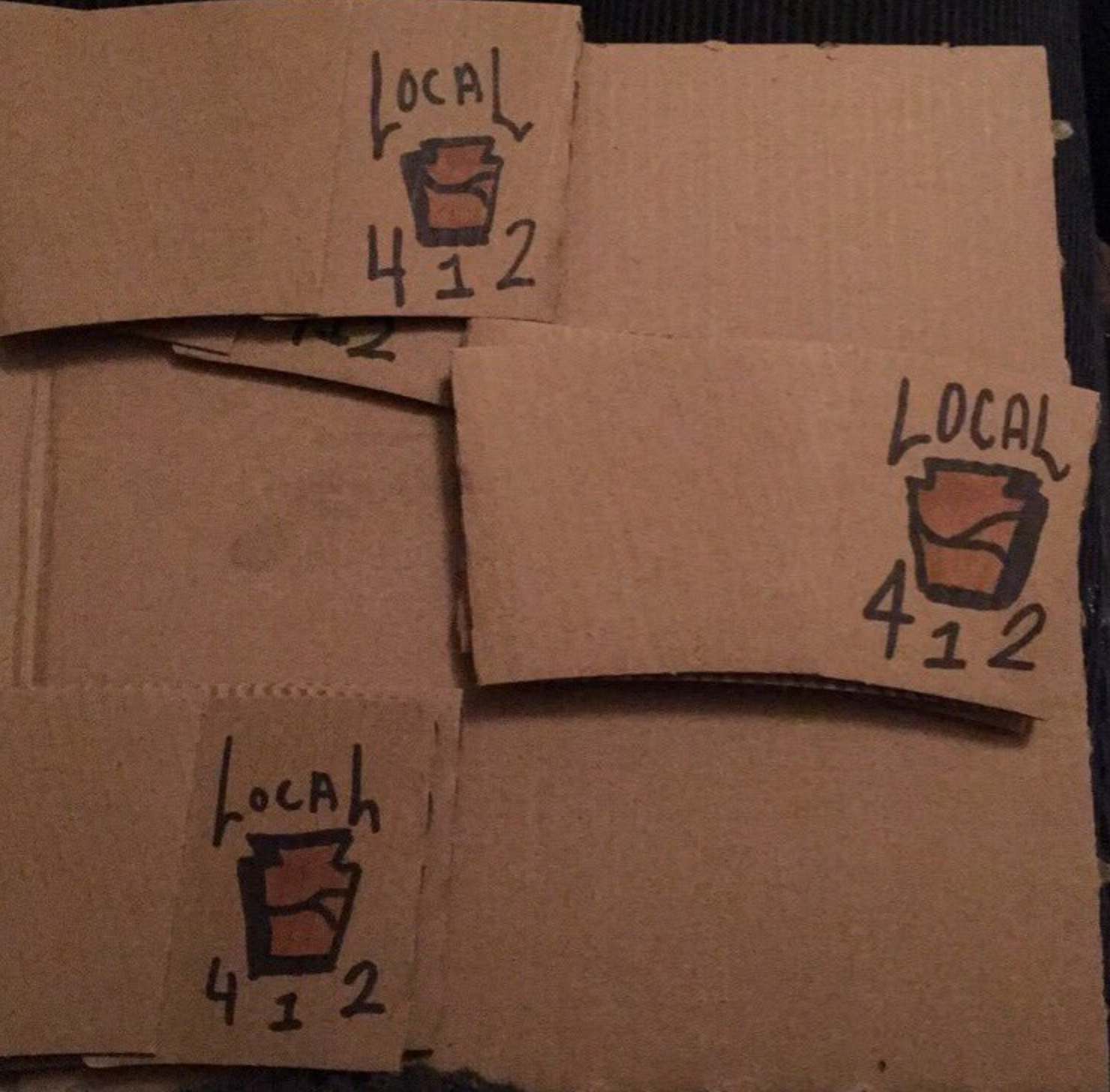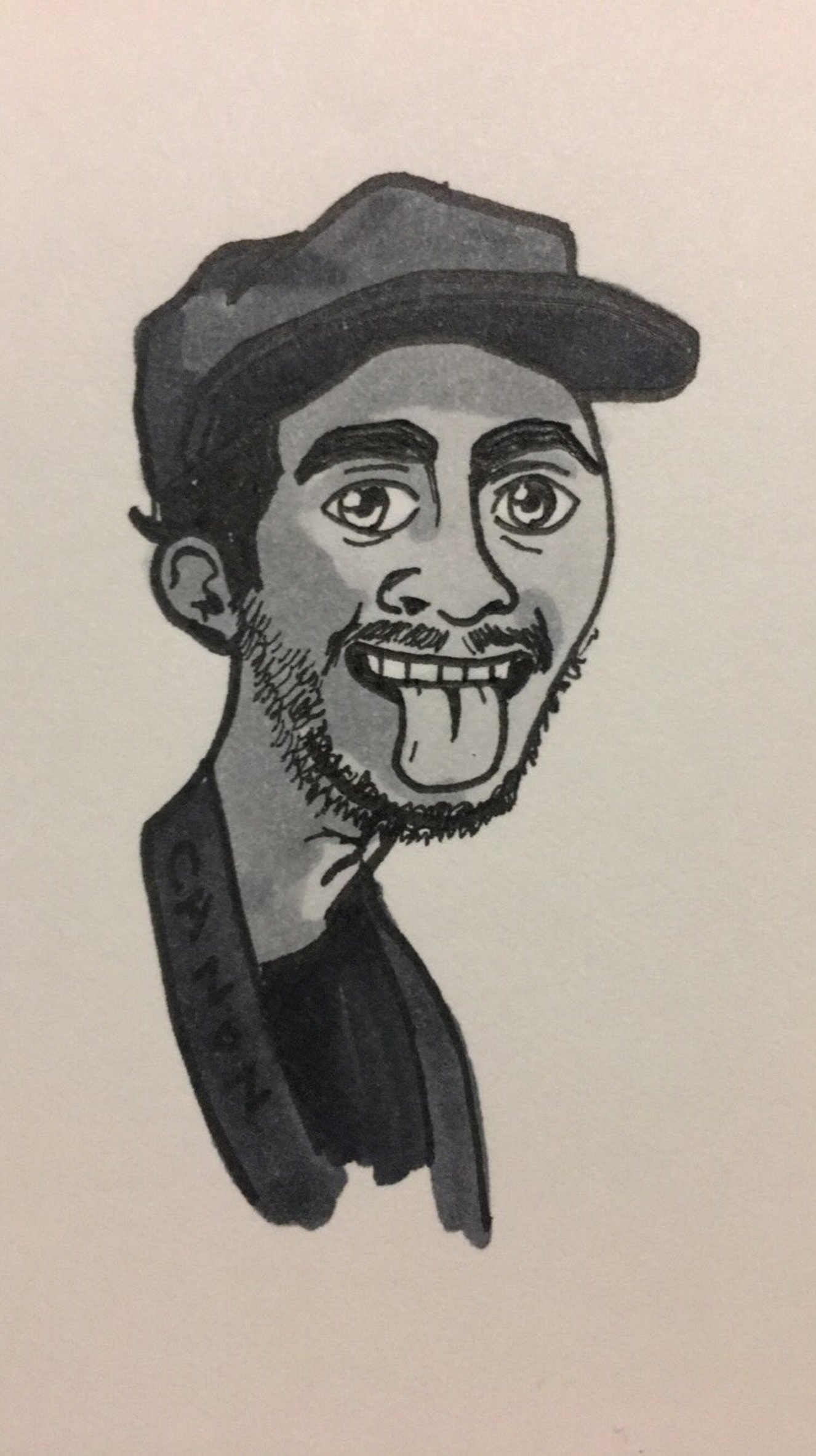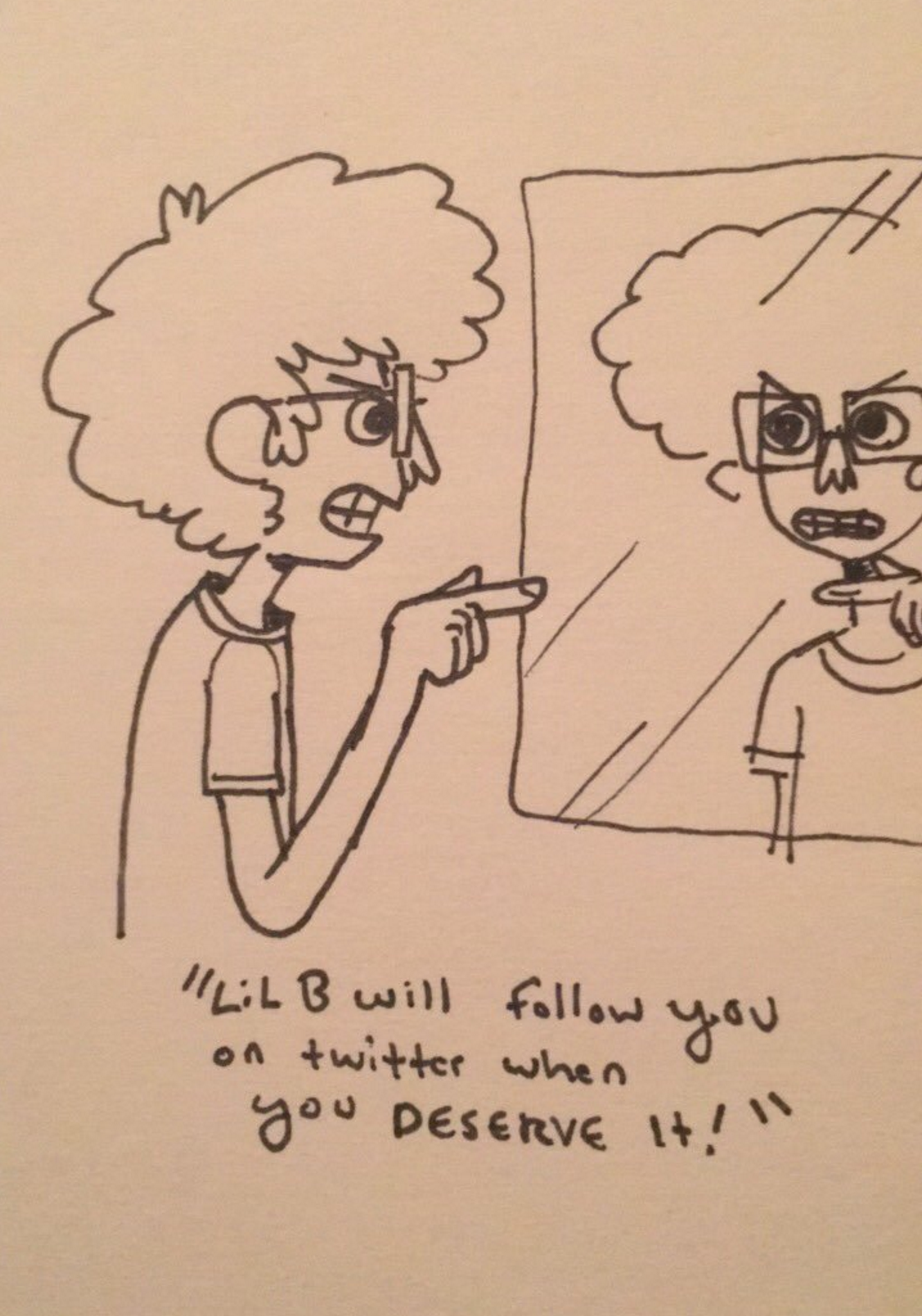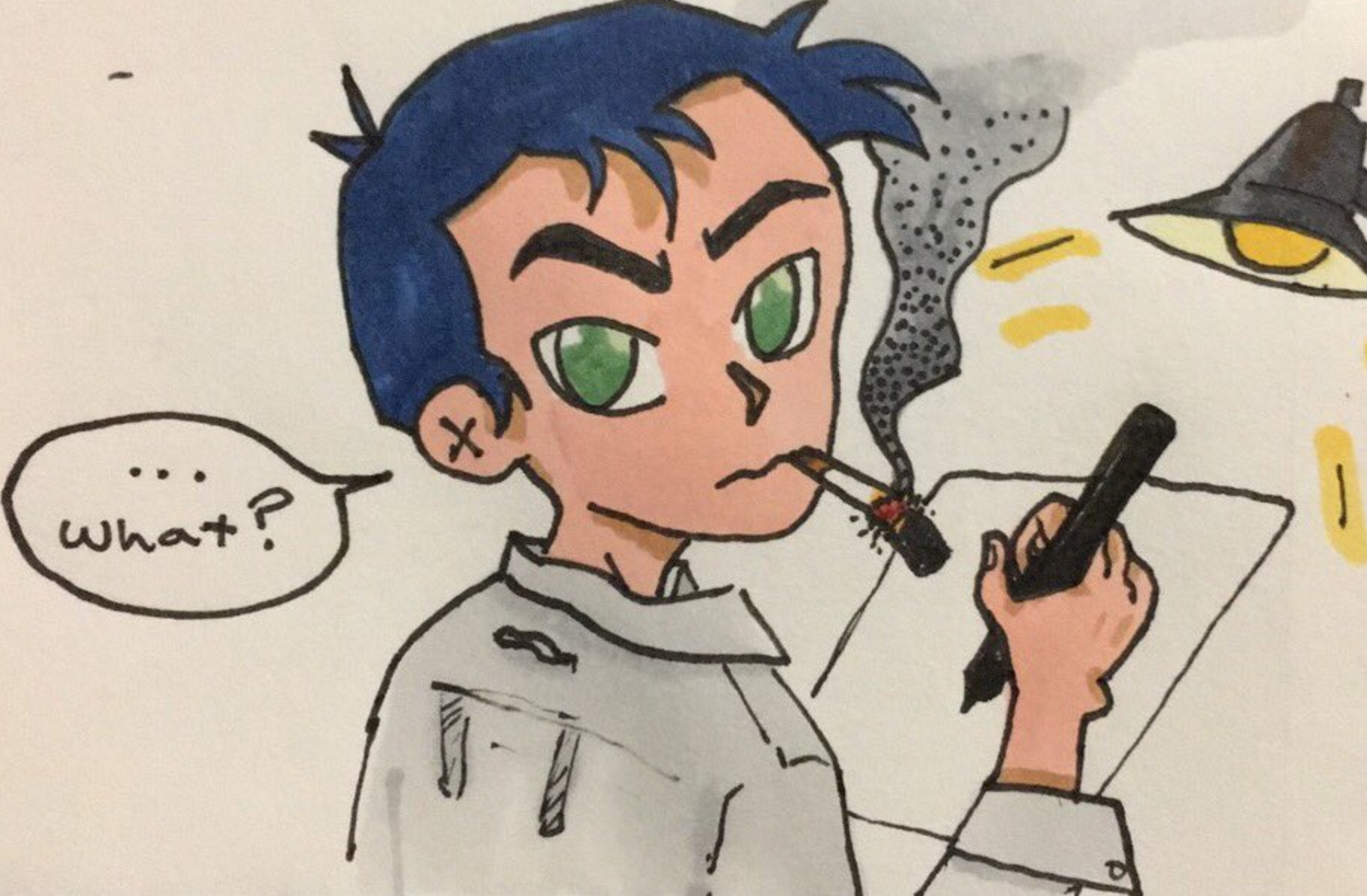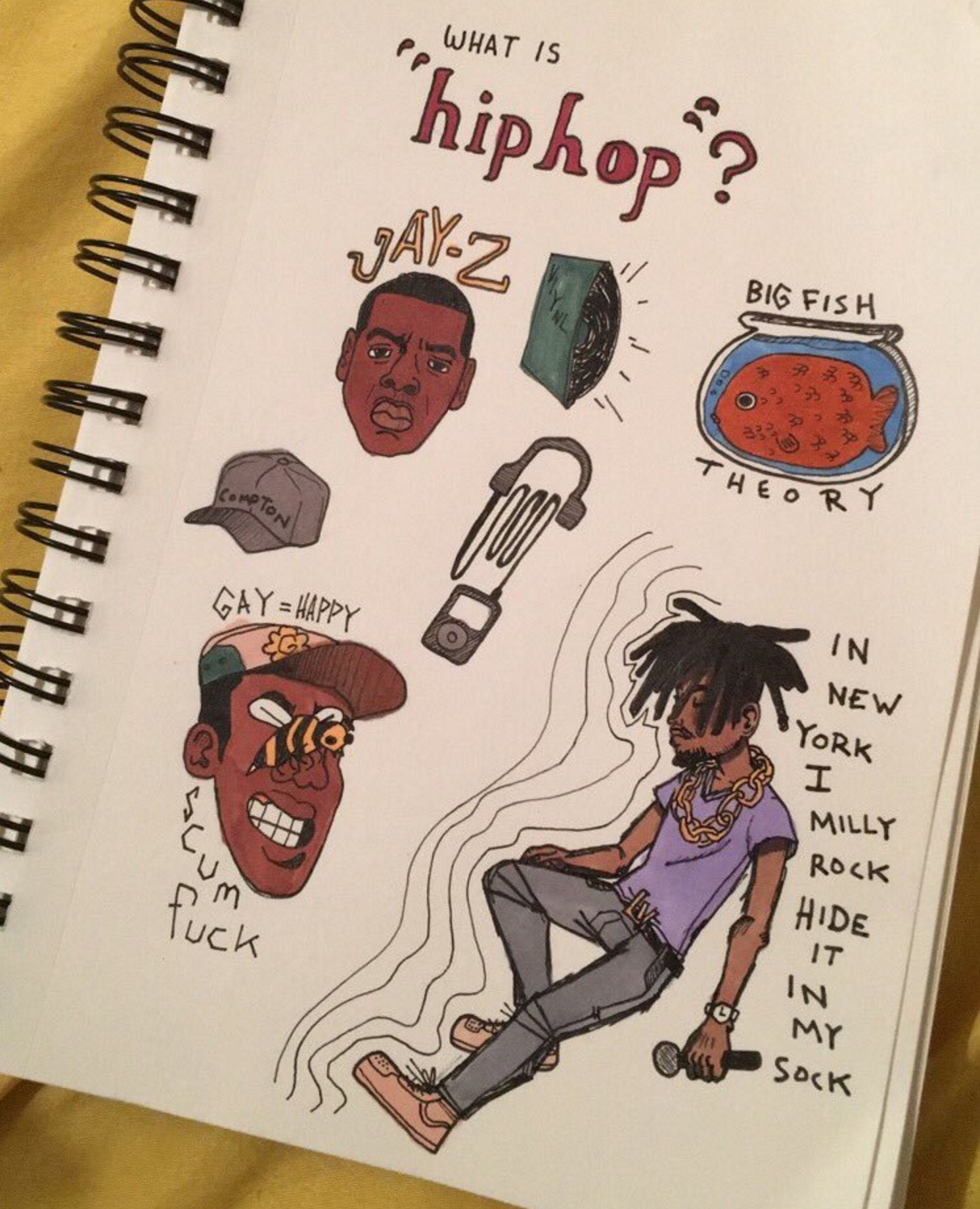ITR: Do you know Geechi P?
NVSV: Yeah.
ITR: He loves that song, "Entropy." We like "Swim At Own Risk" on your "Bamboo" project. What do you like to speak on in your music?
NVSV: It's funny you said that. That song was an inspiration. I've always been NVSV (NASA) and I got it from a college friend. She used to call me NEVA SOBA because every time she saw me I always had a blunt in my ear. I turned that into NVSV since 2012. When I first got here to the studio, I was doing a lot of my own stuff and it was my first time seeing a guitarist and a live drummer. It was new to me so I wanted to do something with that so I created a band called EVRTH (earth). We dismembered, but I wanted to do something different. This genre was neo-soul, Fugees-esque. 'Swim At Your Own Risk' is inspired by a song called 'Oceans' that EVRTH performed. It was written as a double entendre for women as a body of water and as a life force for the world. My writing process is a lot of personal experience, lessons, and self-reflection. I don't get too caught up in the braggadocios. I want people to see what I'm living through.
ITR: What has Pittsburgh meant to you? Were you involved in the creative community in Baltimore before you left to notice a difference or similarity between the two cities?
NVSV: A little bit but it's different when you're doing that as a child to when you're an adult. In Baltimore, I attended the Baltimore School for the Arts until I got kicked out [laughs]. I've always been artistically inclined. So, in Baltimore in 2009, they started cutting art programs. I knew people who didn't have art in school. I'm fortunate to go to private schools so we have art. It was something I felt like I was wasting while I was there and I could have done more with. In Pittsburgh, the Art Institute was my first choice. People are like, 'you chose to come here?' Yeah because I wanted to be an industrial designer and they had Industrial Design. The only other Art Institute that had that was in Orlando so I knew I'd be on the beach all day and I would've failed. It was strategic planning coming to Pittsburgh. When I got here, it was a lot of diversity. I never looked at people as different races because growing up in the inner-city all you see is one race. I remember telling people here I thought white people were exclusive to teachers. [laughs] You know? I didn't think they did anything else in the world. Coming here to Pittsburgh was one of my first times seeing an inter-racial relationship. That opened my eyes to a lot more. They're mixing here and I knew that they've always been mixing. My mom wanted me to go to an H.B.C.U. and I told her that the world isn't black [laughs] and she gave me shit for it. You can't win in a world with all black thinking because that's not what the world is.
ITR: Is Pittsburgh a place you continue to see yourself?
NVSV: Right now, Pittsburgh is doing well because the art scene is flourishing. Me as an artist, I feel like this place as a sanctuary for artists to come to is going to be on the up and up. I'm not trying to run away from Pittsburgh anytime soon. They're going to be poster children and I feel like we are in a position to do that. You guys also. I see you guys everywhere. Reviving Real just to name a couple. I'll be here for a little bit. If I do go anywhere, it'll be overseas. My end goal is to be in Africa. I do music differently from why other people do music. Of course for the money, but what I want to do with my money is different from other people. I still have that industrial design background in mind. Once I do make these millions on millions, my plan is to buy land and start a self-sufficient community, hopefully, a city one day. I have blueprints and shit already. I want to build a city inside of a mountain. I have some architecture friends. I just need to meet some engineers. That's another thing I can attribute to Pittsburgh, meeting people from different fields of studies. I can definitely say thank you to Keep Pittsburgh Dope and them. Just for rubbing shoulders with aeronautics guys like last time I was at Creatives Drink. I met this guy who designed airplanes. We're just being drunk together. It's an experience you can't get anywhere else, and if you can get it somewhere else it needs to be publicized. It's the new age fraternal system or partnerships for life.
ITR: Do you feel like you can achieve your artistic goals in Pittsburgh? Do you think the city moves fast enough? Things happen here but people don't see trends quick enough.
NVSV: Right now, no. But I'm hopeful for the future. It's a big city small town type aspect, but it's like, you ever see the movies with the high school football star of the small town and he doesn't make it to the league? But he goes on to own the local car dealership. [laughs] That's the hero though. That's what Pittsburgh is. They want that local star to come up, but they want him to come up and stay here.
ITR: How do we keep people here? When you look at Wiz Khalifa and Mac Miller, they came up here and left. But, when you look at these Jimmy Wopo interviews, he's talking about keeping the attention in the city. How can people like yourself keep the community here so that attention stays here?
NVSV: We need to become the promoters. Right now, there's a monopoly on that with Drusky Entertainment and Opus One. I won't even call them promoters. They tell you who is coming to town and they tell you to sell these tickets. They don't promote anything themselves because it's up to the artist to do it. When I'm telling people about 24hrs and people are like, 'who the fuck is that' I'm like 'bro you have no idea.' Then 24 is hitting me up like, 'bro this shit's not sold out.' 'I don't know what you want me to do. I sold these 50 tickets they gave me.' I feel like promoting isn't here in the city. We need a promotion agency to bring these popular acts and that's why they are skipping over Pittsburgh.
More from NVSV:
+ "You have to remember people are sponges."
+ Check out the collaboration with Chicago rapper Qari.
+ "Art is all about risk."
+ "I like when producers drop albums because you can see what they want to hear."
+ "Producing for people is hard when they tell you 'make a beat like this.'"
+ "I love Pittsburgh for what it's given me."
